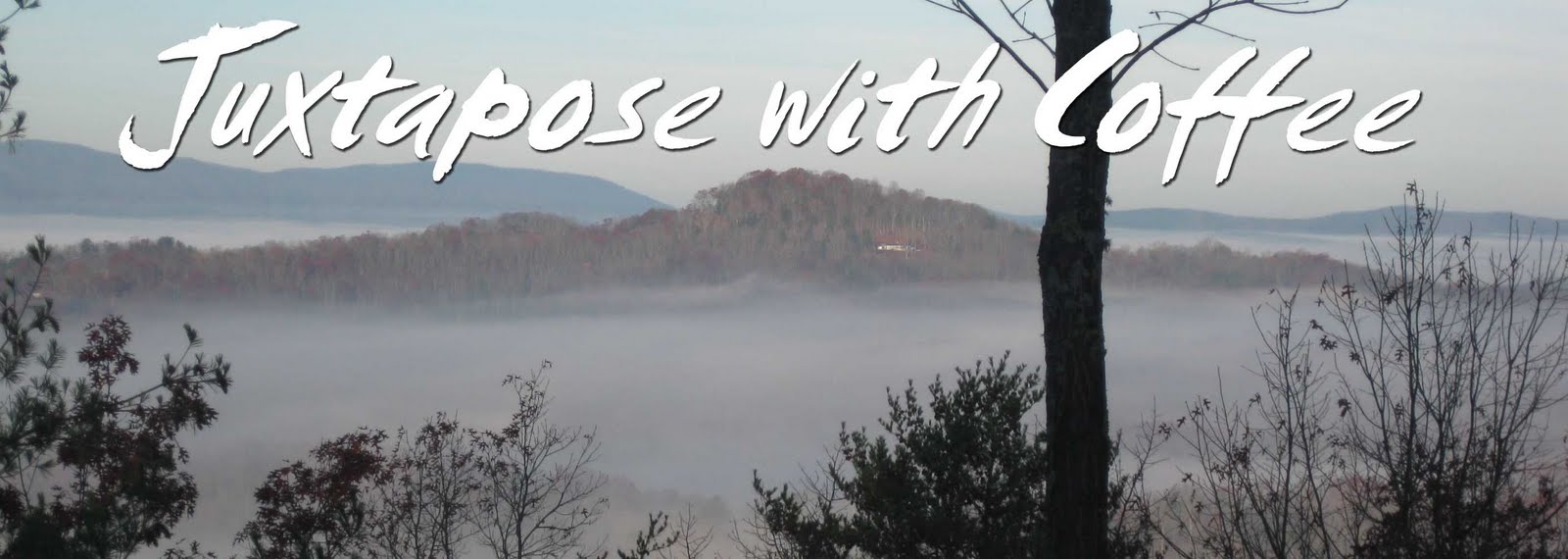Three saplings and a skin of wine
Grapes freshly crushed and newly fermented
Lambs blood on the door mixed with the smell of bread that can now never rise
and the crap shoot for whipped rags
A lance carrying an acidic sponge
The market value for 30 pieces of silver
Now the old temple curtain blankets the pale horse
The line I appreciate most in all this is the Magi's quip, "But there was no information, and so we continued…" I think that Eliot is telling something of the nature of time – that it was all there in the beginning. His references to biblical events that the magi witnessed on their journey include the book of Exodus (some fifteen hundred years prior to the birth of the Christ) to the gospels (thirty years after the birth) and up to Revelation, which was written some hundred years later but prophesies events that may or may not have occurred even now. Eliot seems to be claiming that the summation of existence was fundamentally changed by this birth, and that all that was and is and shall be was present.
The change is present in the other stanzas of the poem as well: in the change from a land of death to a land of life between stanza one and stanza two, and in the longing for the "hard and bitter agony" of the birth which the Magi longs for once he reaches his home.

No comments:
Post a Comment